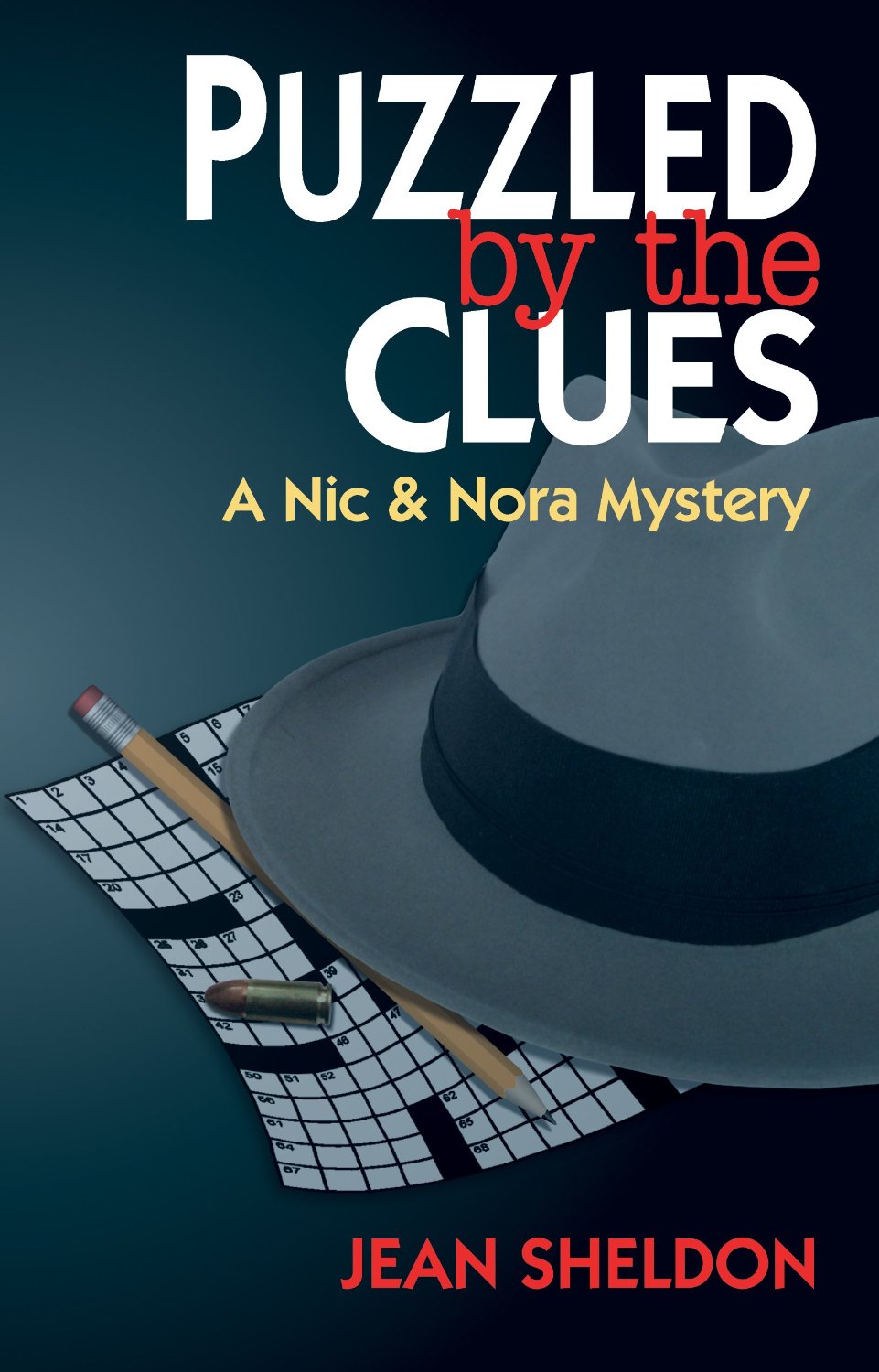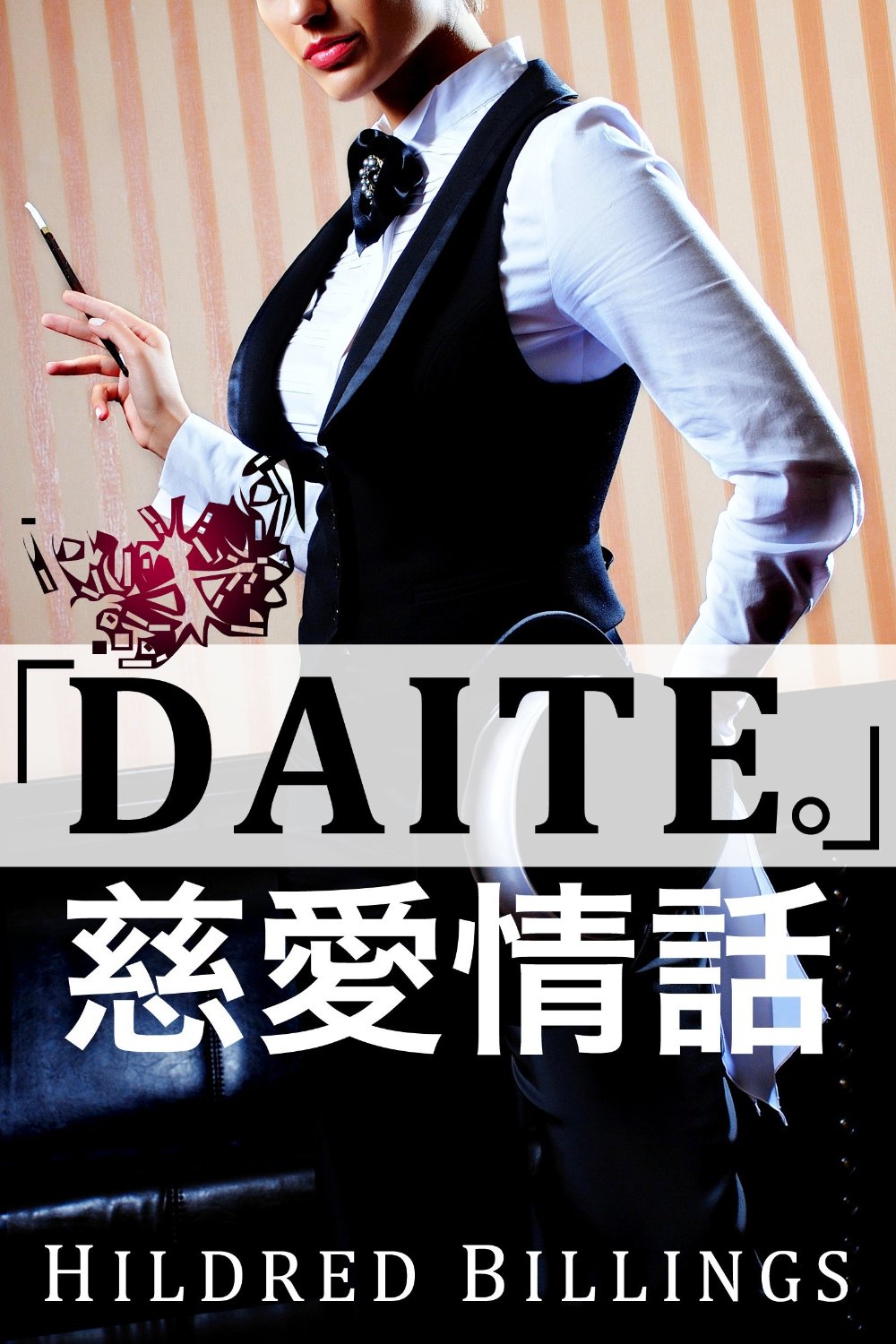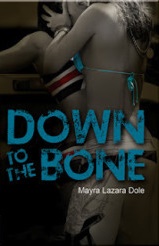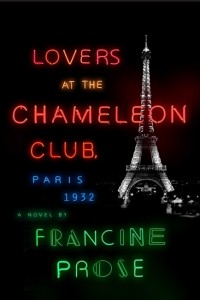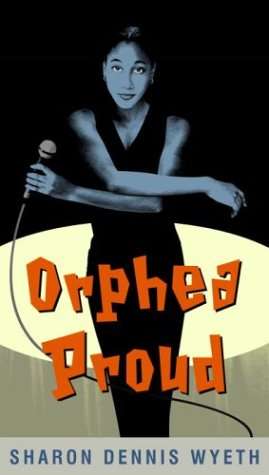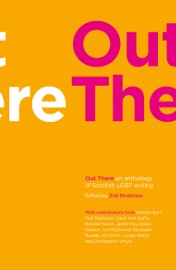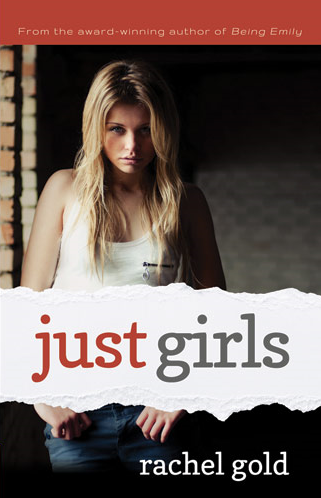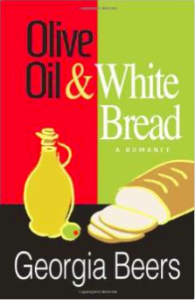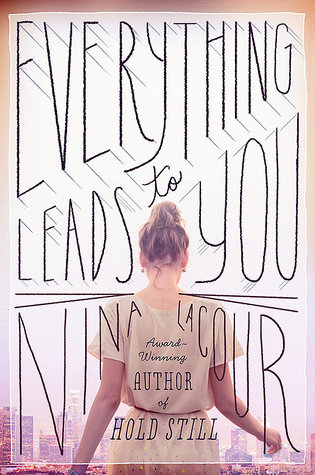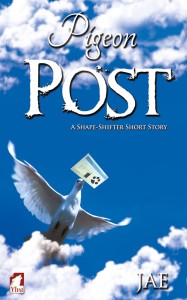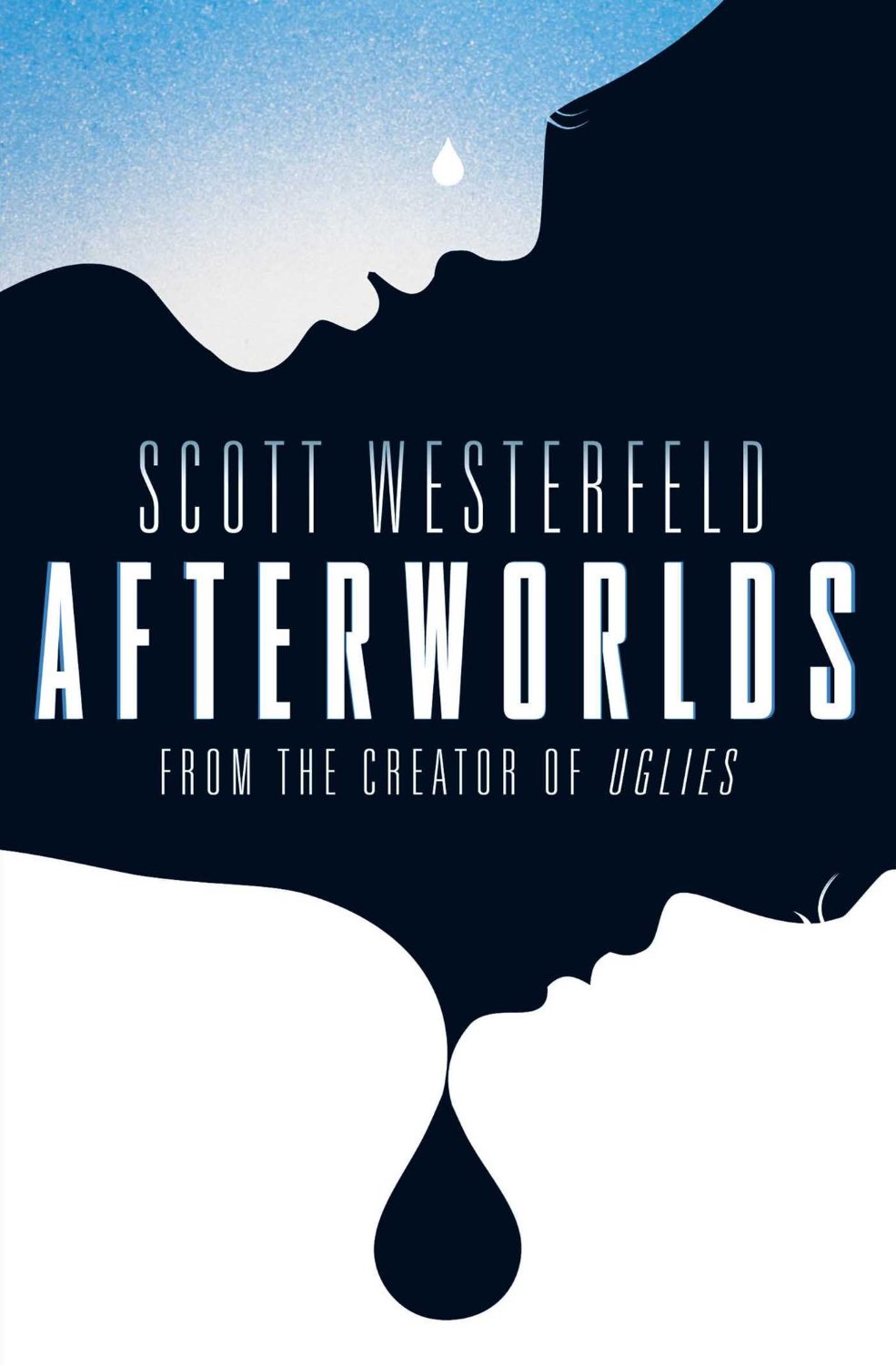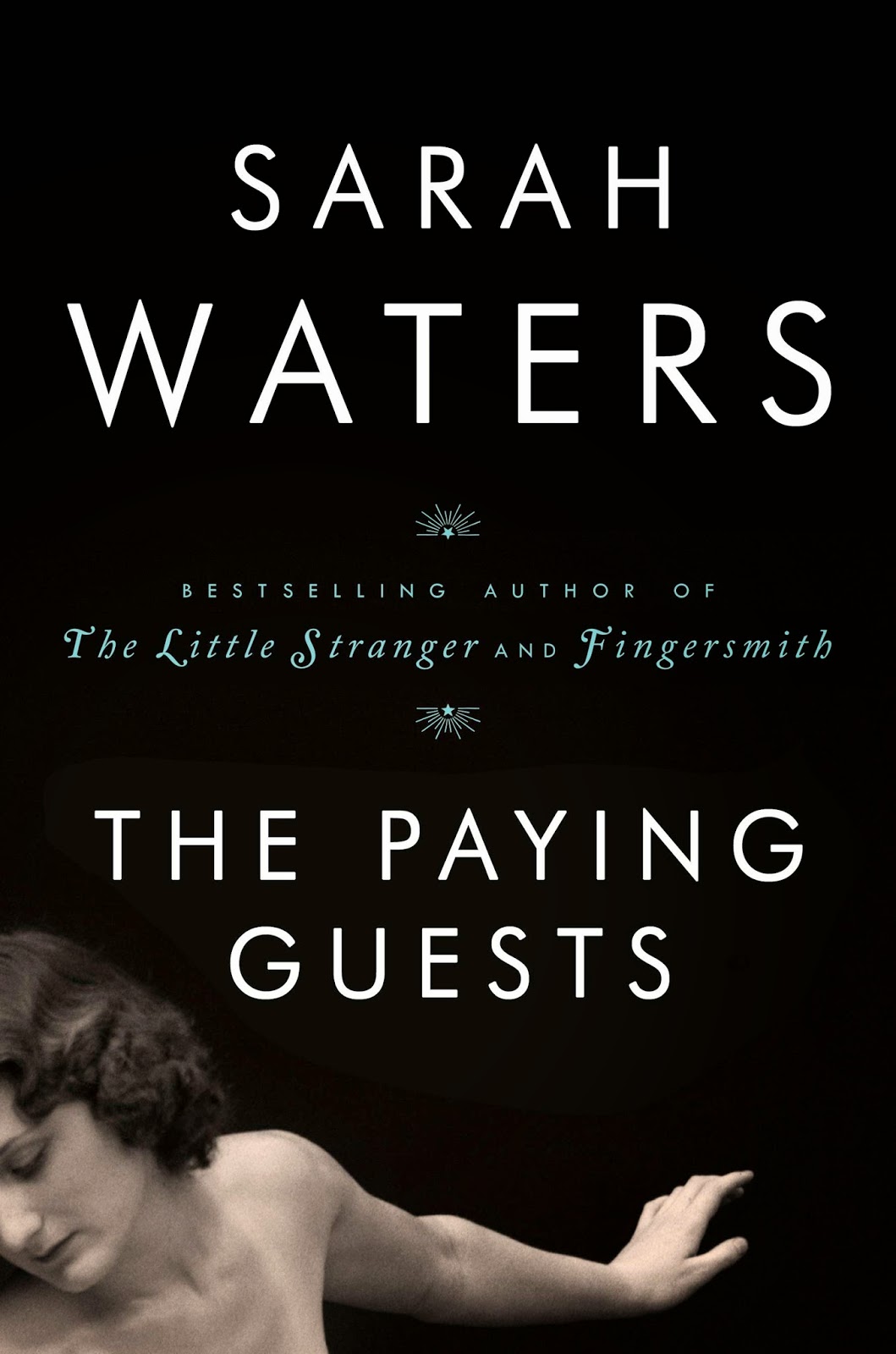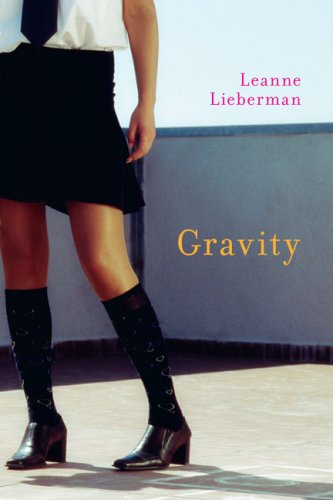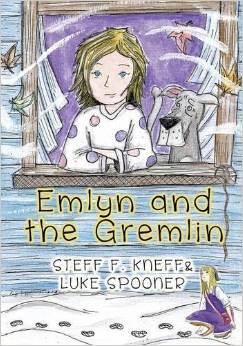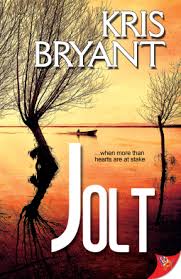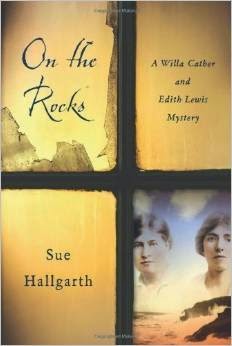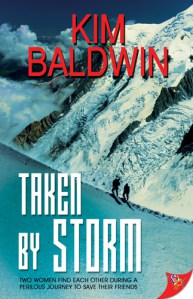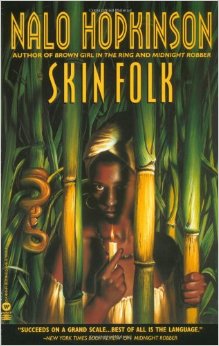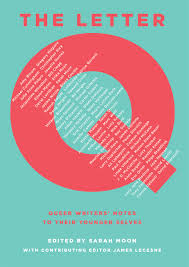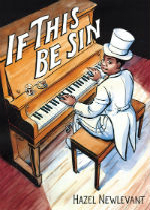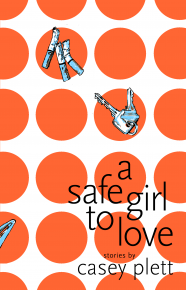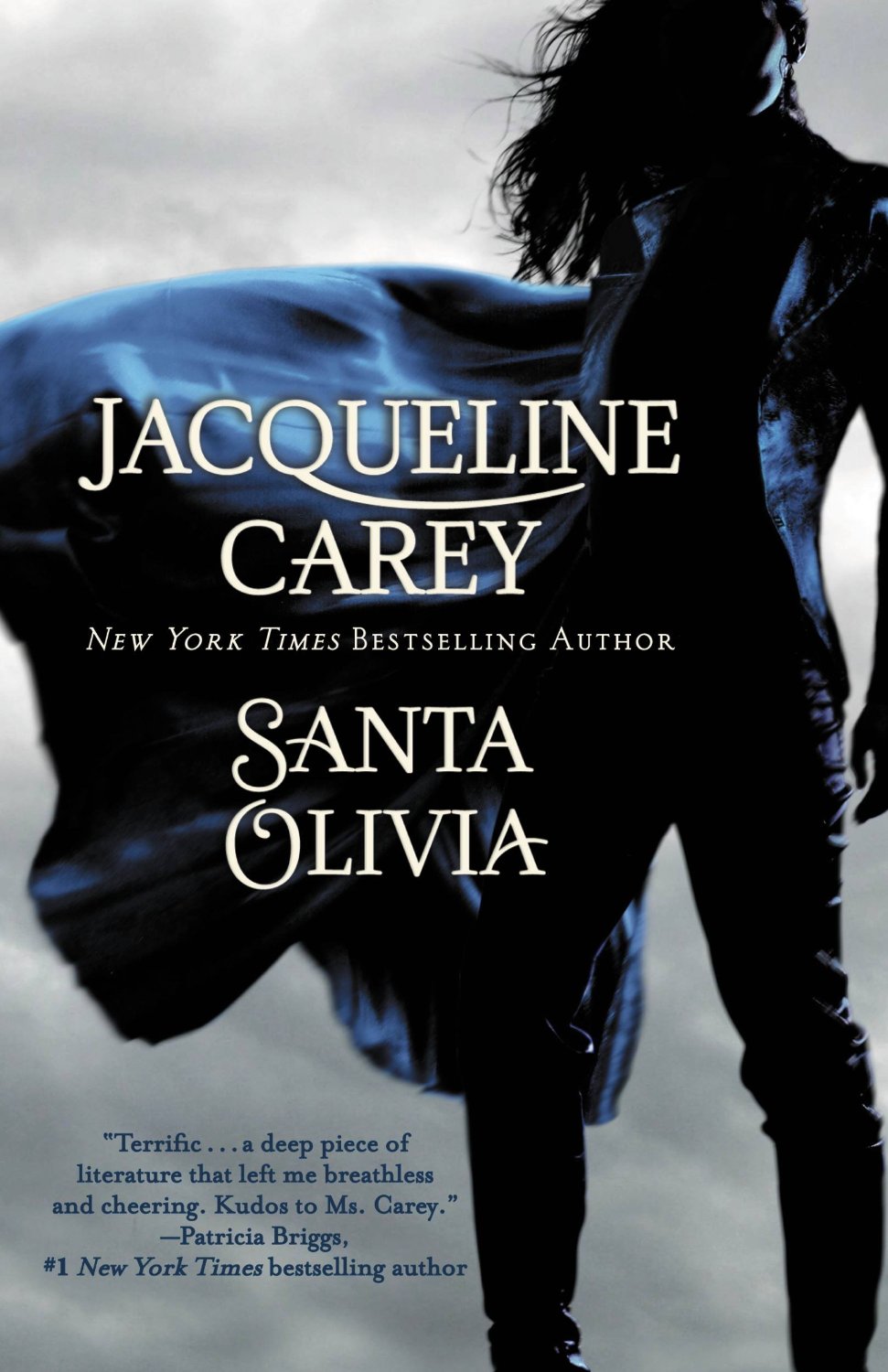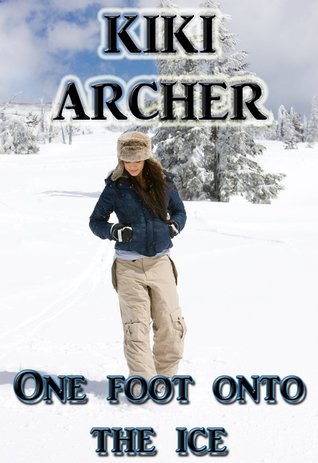“Fill me in, Nora. A dope-buying professor, a group of Nazi sympathizers, this is way beyond Chicago politics as usual.”
That quote seems to nicely encapsulate the ambience of the second book in the Nic and Nora series. Puzzled by the Clues is involved with a much more dramatic plot than its predecessor, She Overheard Murder, which I reviewed previously. This installment in the 1940’s lesbian noir mystery series follows two threads of action.
The first is an investigation into a suicide that Anna Owen, aunt of one of the series’ title characters, Nic Owen, strongly believes was actually a murder since it did not make any sense that the victim, an old friend of Anna’s, would take his own life. Charles Bohn worked creating crossword puzzles for the newspaper. After his untimely death, it is up to the Owen women and Nic’s girlfriend Nora to find the clue Charles left behind that could point to the real cause of his death.
The second plot thread involves a mysterious and sinister organization that causes mayhem at construction sites and attempts to murder not only a city official, but also Nic herself, for reasons that are not at all clear to begin with. Eventually it begins to seem as if this shady group might have had something to do with Charles Bohn’s death, for he was snooping around in their business, and the research he left behind becomes invaluable in the detectives’ investigation. But the case is not so cut-and-dried; aside from the suspicious nazi-like group he was investigating, it seems Charles Bohn had other enemies as well! The plot thickened continuously throughout, twisting and turning among Chicago’s myriad faces and conspiracies of corruption and hate, and keeping me interested while also keeping me guessing!
The characters were as engaging as ever. Just as in the first book, I felt a warmth for and connection with the main cast of characters, making me wish they were real people, people I could meet and with whom I could become friends. I love reading about kind and good characters with fun personalities and strong common sense. The dialogue is natural but lively, and the emotional journeys each character’s arc takes them on are realistic and at times quite relatable.
If you enjoyed the first book in this series, you have to read this one. I think you will love it. Puzzled can be read alone, however, and if you don’t have the time to start a new series, or if you just don’t think you will like reading a series of mysteries, then I recommend skipping the first book and at least reading Puzzled by the Clues. It has more adventure, excitement and fun packed into it and will keep you flipping the pages till you find you’ve finished it faster than you wanted and leave you hoping for the next book to be published soon!

